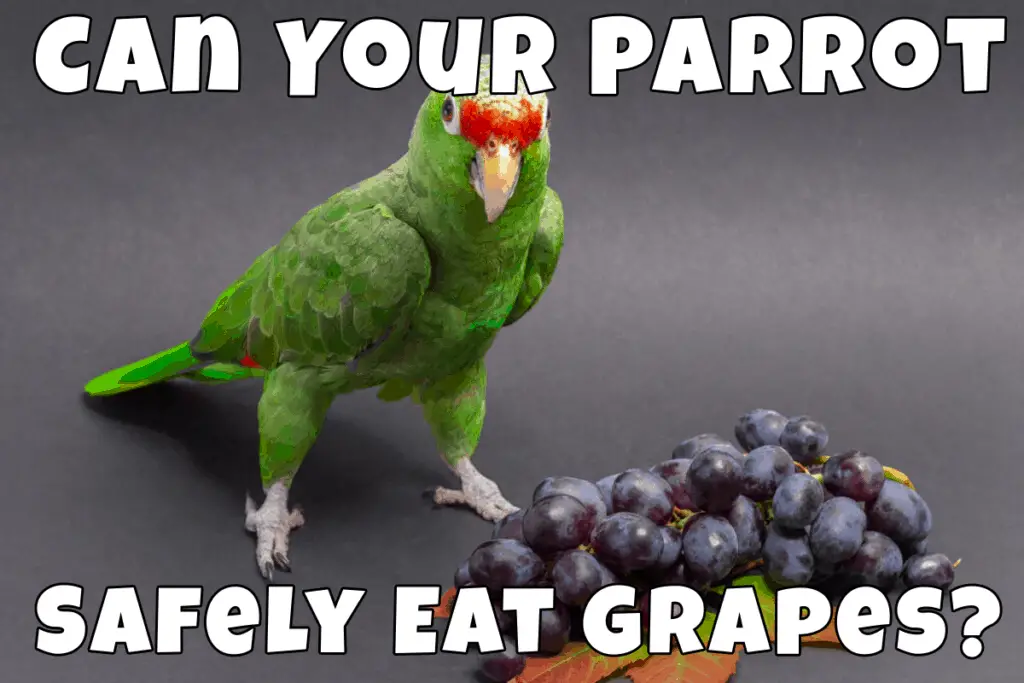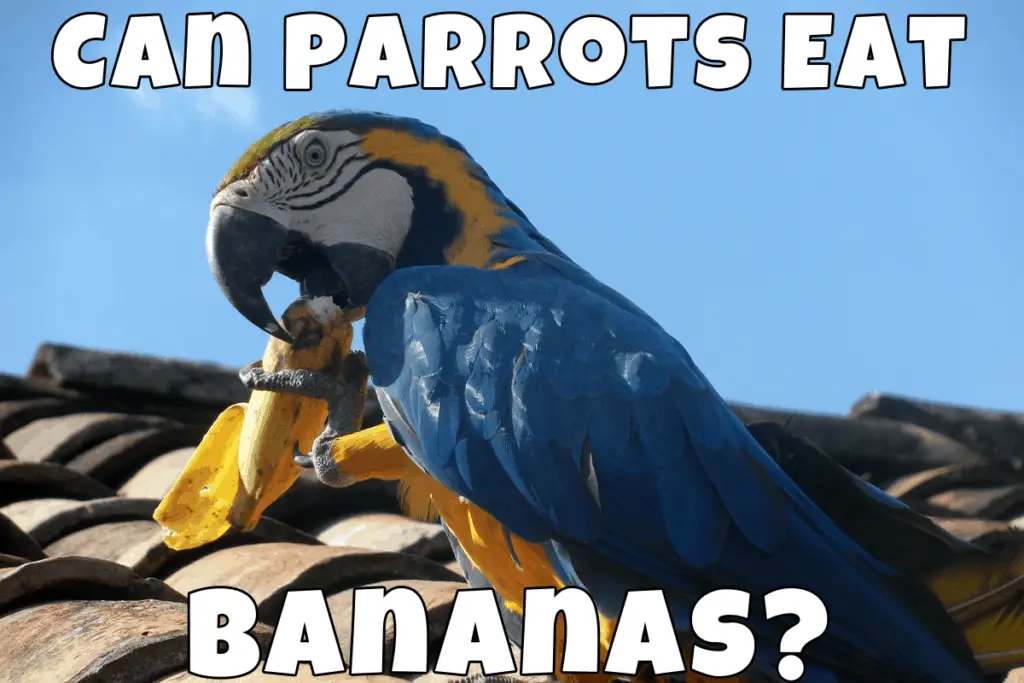Each owner takes care of their pet and wants them to live a long and healthy life. One of the essential conditions for such a life is a properly balanced diet, full of various fruits, vegetables, grains, and nuts. It provides parrots with a wide range of vitamins and minerals needed to maintain their health.
Aloe Vera is one of the superfoods of the modern world that people use for health and beauty. It is popular for healthy detox diets, anti-aging routines, and skin conditions. What about parrots? Is this plant suitable for them? Can parrots eat Aloe Vera safely?
Yes, parrots can eat Aloe Vera without harm to their health. It is safe and very beneficial for your pet bird because it saturates them with many valuable substances. Your parrot can eat Aloe Vera in any form – be it plant leaves, Aloe Vera gel, or even a drink containing Aloe Vera. In any case, it will be essential for your bird.
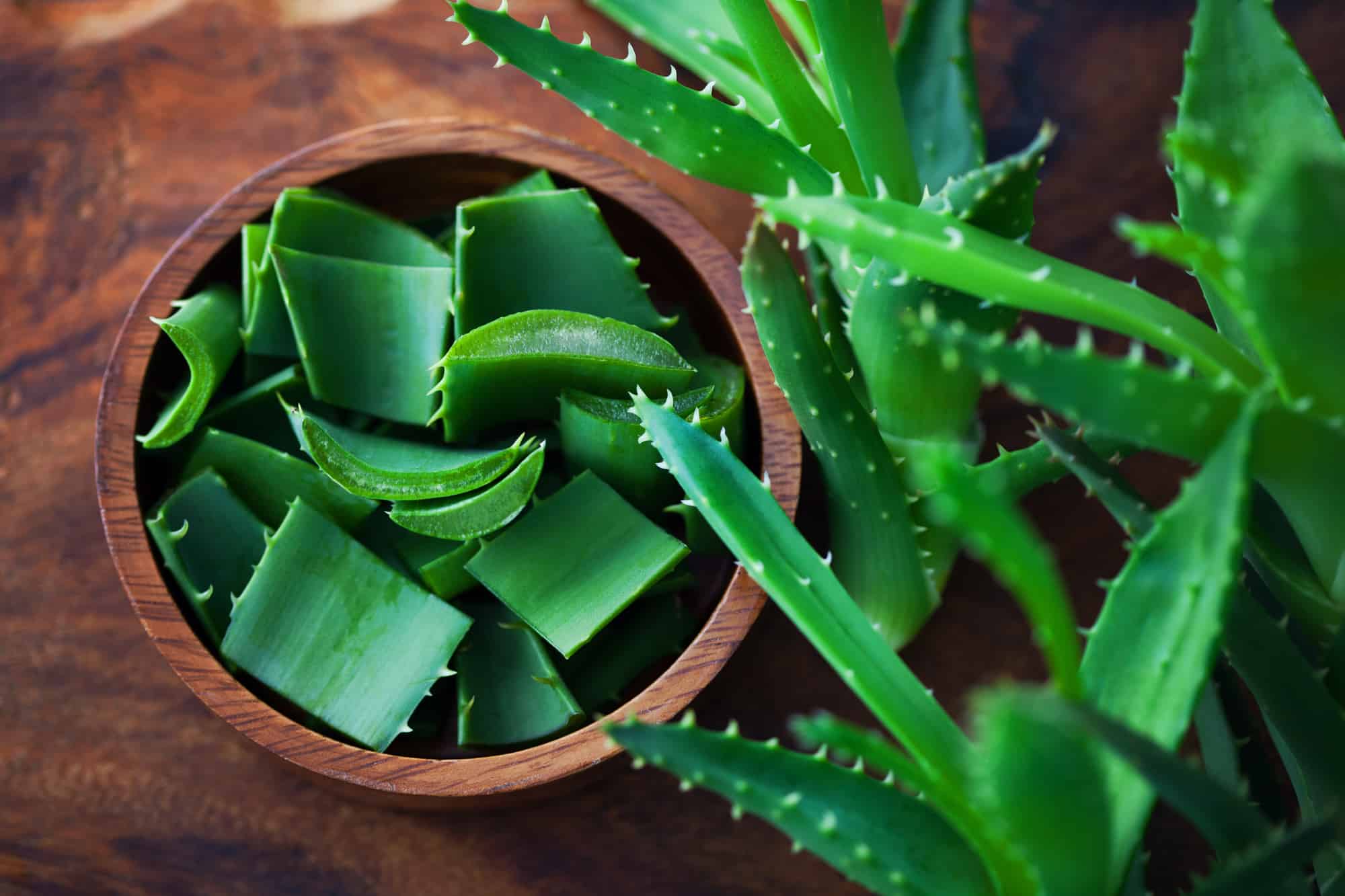
How can your parrot eat Aloe Vera? What are the health benefits of Aloe Vera for your parrot? Can it cure disease in birds? In this article, we will find answers to all your questions!
Aloe Vera Healthy Elements
This plant can bring many benefits to your parrot, as it contains about 75 useful components. Vitamins A, C, and E are some of these ingredients. These are the main antioxidants for your bird that help protect parrots from cancer, which they are often prone to in old age. These vitamins also help maintain eye health, the immune system, and overall well-being.
Aloe Vera can be part of your parrot’s regular diet as it is a great energy source, thanks to its healthy sugar content. It is a healthier alternative to the sugar-containing foods that often are present in your pets’ menu. Aloe Vera also contains many beneficial amino acids, and their use is beneficial for young parrots, as amino acids help form proteins and promote rapid healing.
Can Cockatiels Eat Cauliflower? (Feeding Rules+Foods To Avoid)
What are the Benefits of Aloe Vera for Parrots?
The main benefit of consuming Aloe Vera for your parrots is to maintain healthy feathers and skin. In this case, this plant has the same benefits for parrots as it does for humans. It is used as a natural remedy to treat various skin conditions.
Parrots are prone to itchy skin, so that they can pluck their feathers. It is one of the most common skin diseases consequences in birds and often leads to severe various skin infections and general health problems. Aloe Vera has excellent properties for healing skin conditions in both humans and birds.
Adding Aloe Vera to your pet’s diet will ease symptoms of skin irritation, reduce itching, and help relieve inflammation. Usually, this nutrition is sufficient to eliminate minor problems in your pet bird. Just add Aloe Vera leaves, gel, or drink to your parrot’s menu. You can also apply some Aloe Vera juice to the feathers of your pet bird to stop itching and plucking.
Always choose organic Aloe Vera liquids or make your own. Mix three parts pure water and one part fresh Aloe Vera juice. Spray this liquid on your parrot’s feathers or apply it to the affected skin for quick healing.
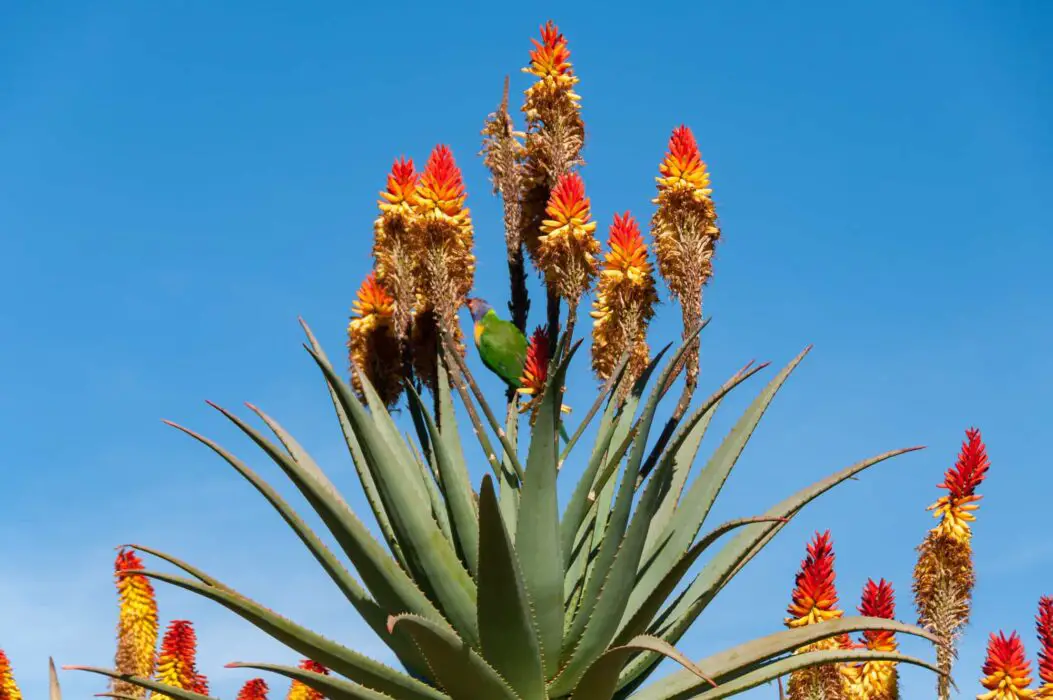
What Are Other Treatment Methods?
So, we have found out that Aloe Vera is very useful for treating skin diseases in parrots. The main benefits of this plant are in relieving symptoms of skin irritation and healing inflammation. You can give Aloe Vera to your parrot in various forms. Let’s take a look at all the options.
The easiest way to help your parrot with the healing properties of Aloe Vera is to add this plant to your parrot’s menu. You can choose both the leaves of the plant and the juice. Cut the leaves into small pieces and combine them with fruits. Believe me, your parrot will love this treat. Or mix one part juice with three parts pure water and let your parrot drink it. You can also purchase ready-made mixes, but remember that you need to monitor the composition and choose organic products.
Your parrot can get all the benefits of eating Aloe Vera even if they don’t have any skin disorders or health problems. Either way, consuming Aloe Vera regularly will provide them with a variety of vitamins and minerals. However, if your bird has any skin conditions, be sure to add Aloe Vera to their diet as part of treatment. If your parrot is experiencing skin problems and plucking feathers, regularly spray it with Aloe juice mixed with water.
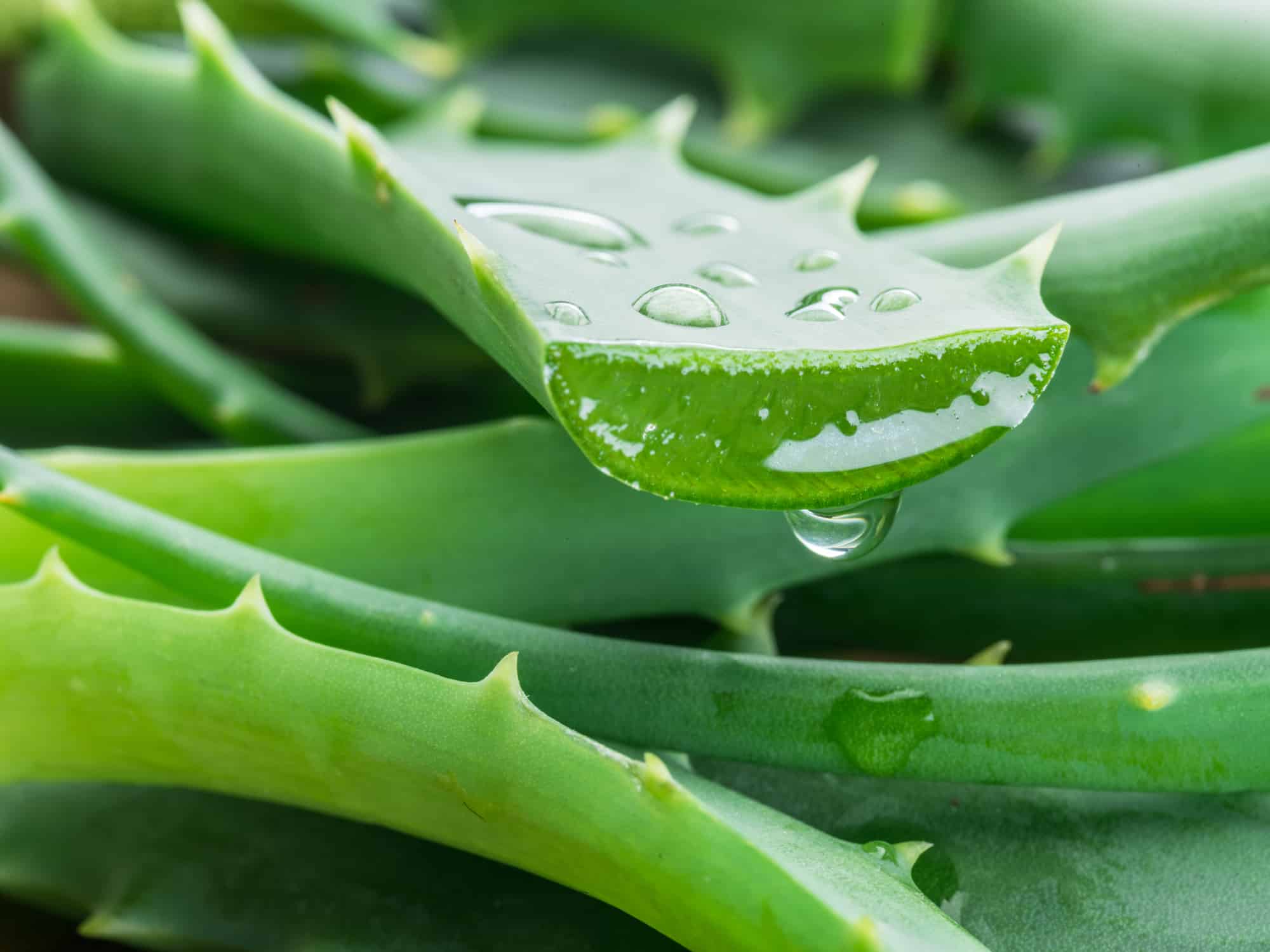
Can Aloe Vera go Bad and Hurt Your Parrot?
Aloe Vera is one of the hardy foods, regardless of its form – be it leaves, juice or gel. It will not mold or rot, no matter how you store it. The only time Aloe Vera can go bad is if it is in gel form and dries up. In this case, the gel can lose all its useful properties and become useless for your parrot. However, even in this state, the dried gel cannot harm your pet bird.
How to store the Aloe Vera correctly? If we are talking about fresh leaves, you should keep them in the refrigerator wrapped in paper to keep them fresh longer. If you have Aloe gel or liquid form, you should also store it in a cool place, tightly closed to prevent drying out.
I prefer the easiest and most organic way to get Aloe Vera for my parrot. You can grow the plant in a pot at home. This plant is very simple to grow, does not require special care, and takes little space. That way, your parrot will always have access to fresh Aloe Vera. Just cut off a small piece of the leaf and add to your bird’s favorite fruits. It will give your parrot a complete balance of vitamins and minerals.
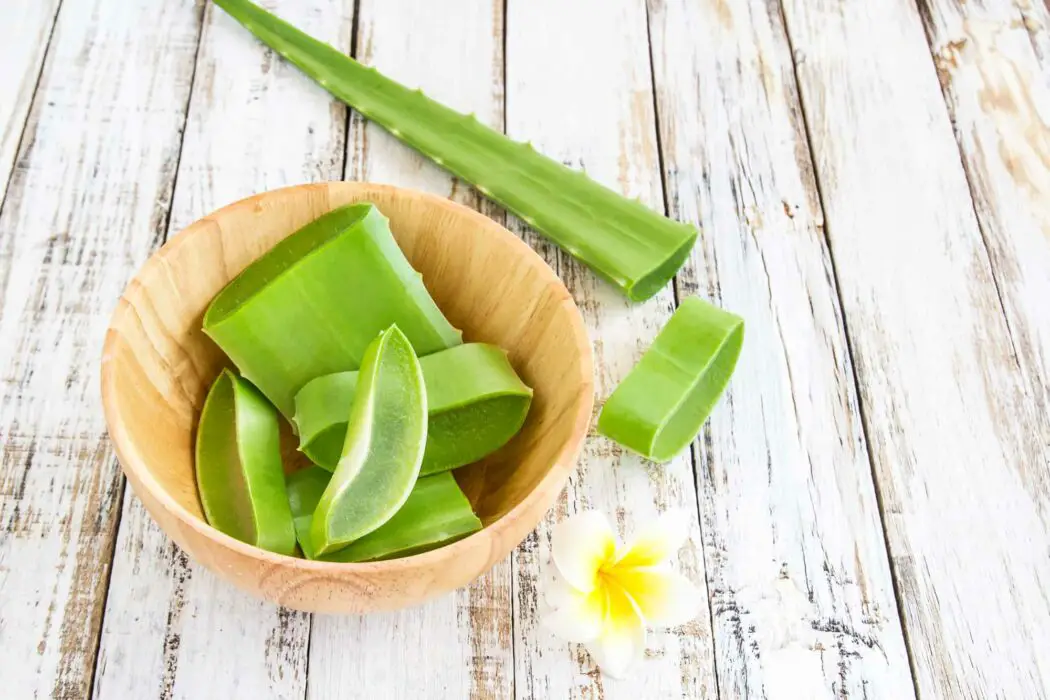
Conclusion
In conclusion, I can say that Aloe Vera is not only non-toxic to parrots but is very beneficial to their health. Aloe Vera is especially beneficial for treating various skin conditions in birds, such as irritation, inflammation, and feather plucking. Eating Aloe Vera regularly will help your parrot get rid of these problems and related illnesses.
Can Parrots Eat Lemongrass Safely?
Aloe Vera not only helps with skin diseases but also diversifies your bird’s diet, improves digestion, protects against the formation of cancer cells, and improves overall well-being. Aloe Vera does not deteriorate, and you can store it for quite a long time in leaf, gel, or liquid form. Just put it in a cool place and add it to your parrot’s diet regularly. You can also grow a small plant at home and cut it into your parrot’s plate.

